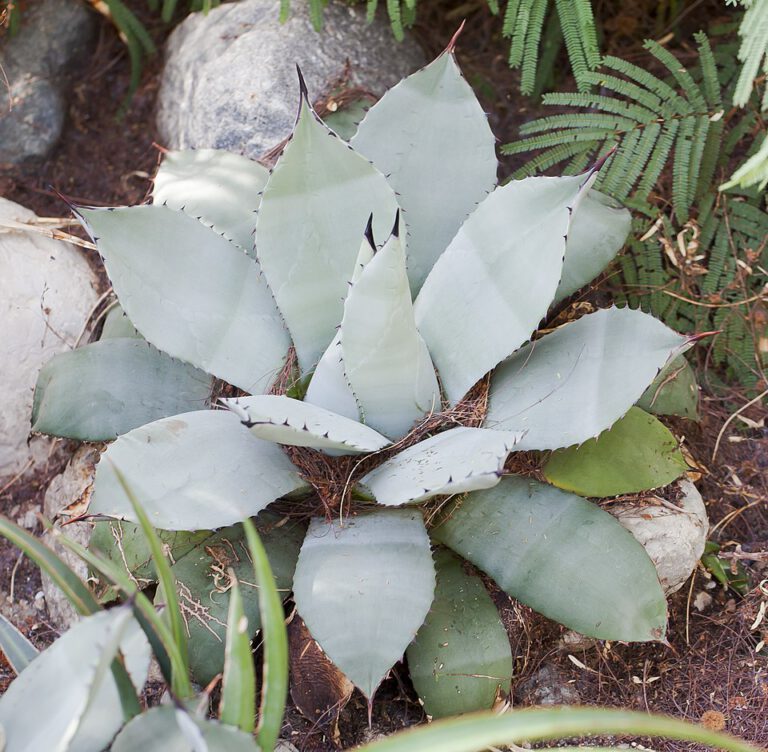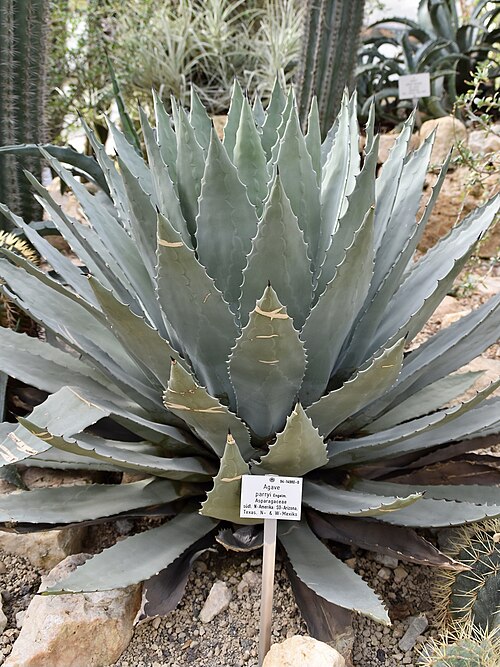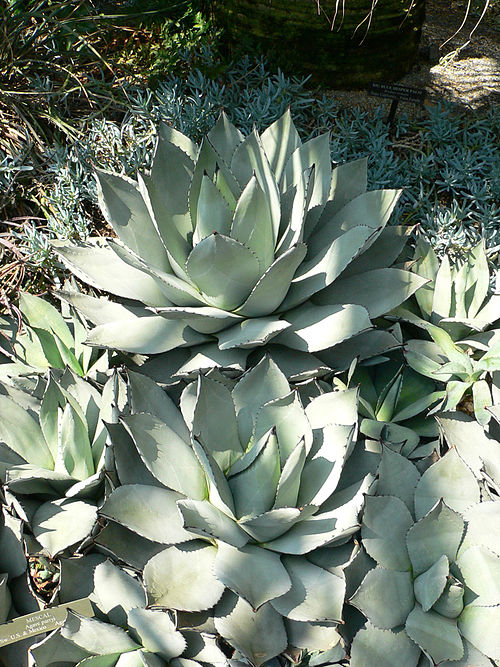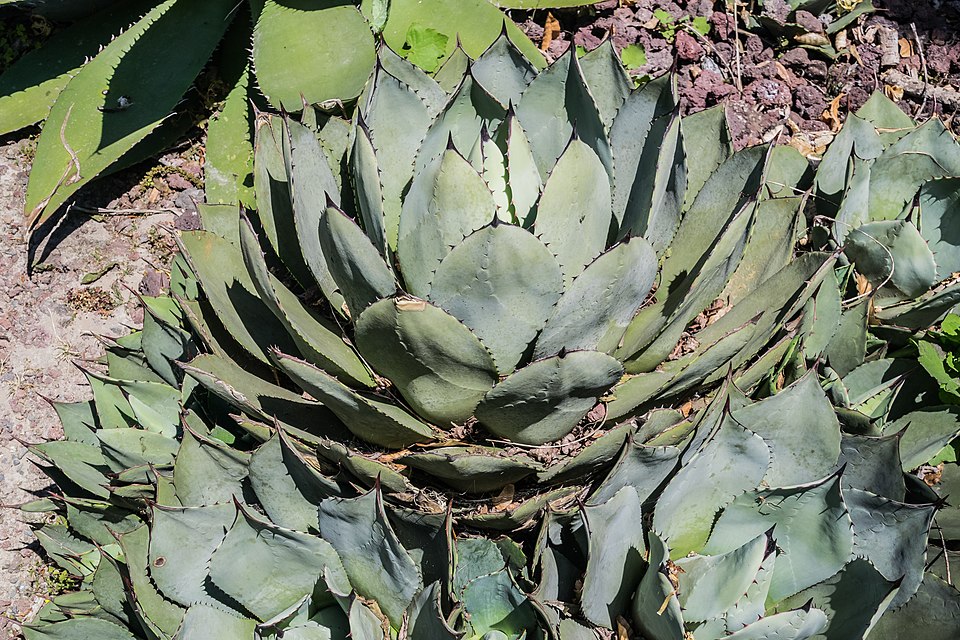Parry’s Agave: The Hardy Southwestern Beauty That’s Built to Last
If you’re looking for a plant that combines striking architectural beauty with practically zero maintenance, meet Parry’s agave (Agave parryi). This stunning native succulent is like the strong, silent type of the plant world – it doesn’t need much attention, but when it decides to show off, it absolutely steals the show.
A True American Native
Parry’s agave is proudly native to the southwestern United States, naturally occurring across Arizona, New Mexico, and Texas. As a perennial plant, it’s in it for the long haul – we’re talking decades of beauty with minimal effort on your part. This is one of those plants that makes you look like a gardening genius while doing practically nothing!
What Makes Parry’s Agave So Special?
Picture this: a perfect rosette of thick, blue-gray to silvery leaves, each one armed with impressive spines that say look but don’t touch. The plant typically reaches 1-2 feet tall and 2-3 feet wide, creating a stunning sculptural presence in your garden. But here’s where it gets really exciting – after 10-25 years, your patient agave will send up a spectacular flower stalk that can tower 10-15 feet high, covered in clusters of bright yellow blooms.
This dramatic flowering event is like nature’s own fireworks display, and it’s worth the wait. The flowers are magnets for pollinators, attracting bees, hummingbirds, and even bats. After this grand finale, the main plant dies, but it typically leaves behind offspring (called pups) to carry on the legacy.
Perfect for Low-Water Landscapes
Parry’s agave is the poster child for water-wise gardening. It thrives in:
- Desert and xeriscape gardens
- Rock gardens and succulent displays
- Mediterranean-style landscapes
- Contemporary and modern garden designs
- Containers (when young)
This plant serves as an incredible focal point or specimen plant, bringing that authentic southwestern flair to your landscape design.
Growing Conditions That Make It Happy
The beauty of Parry’s agave lies in its simplicity. Here’s what it needs to thrive:
- Sunlight: Full sun (6+ hours of direct sunlight daily)
- Soil: Well-draining soil is absolutely critical – think sandy or rocky conditions
- Water: Drought tolerant once established; minimal watering needed
- Climate: Hardy in USDA zones 5-10, tolerating temperatures down to -10°F
Planting and Care Tips
Getting your Parry’s agave off to a good start is surprisingly straightforward:
- Timing: Plant in spring after the last frost
- Drainage is everything: If your soil doesn’t drain well, plant in a raised bed or add gravel and sand to improve drainage
- Spacing: Give it room to grow – plant at least 3-4 feet from other plants
- Watering: Water deeply but infrequently during the first year, then back off significantly
- Winter care: In colder zones, ensure good drainage to prevent root rot from winter moisture
Why Choose Native?
By choosing Parry’s agave, you’re not just getting a gorgeous, low-maintenance plant – you’re supporting local ecosystems and wildlife. Native plants like this one are perfectly adapted to your regional climate, require fewer resources, and provide valuable habitat and food sources for native pollinators and wildlife.
A Few Things to Keep in Mind
While Parry’s agave is generally problem-free, here are a few considerations:
- Those spines are sharp – plant away from high-traffic areas
- The plant will eventually die after flowering, but this is natural and expected
- Overwatering is the quickest way to kill this tough plant
- It’s a slow grower, so patience is key
The Bottom Line
Parry’s agave is like having a piece of the American Southwest right in your garden. It’s tough, beautiful, supports native wildlife, and asks for almost nothing in return. Whether you’re creating a water-wise landscape, adding architectural interest to your garden, or simply want a plant that can handle whatever nature throws at it, this native beauty delivers on all fronts.
Ready to embrace the low-maintenance, high-impact world of native gardening? Parry’s agave might just be your new favorite plant – and your garden (and local pollinators) will thank you for it!








